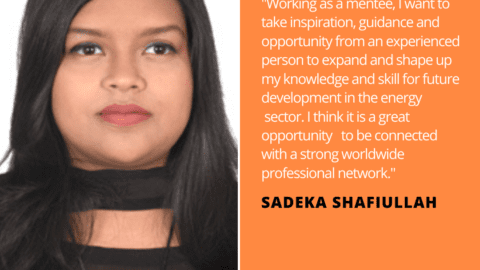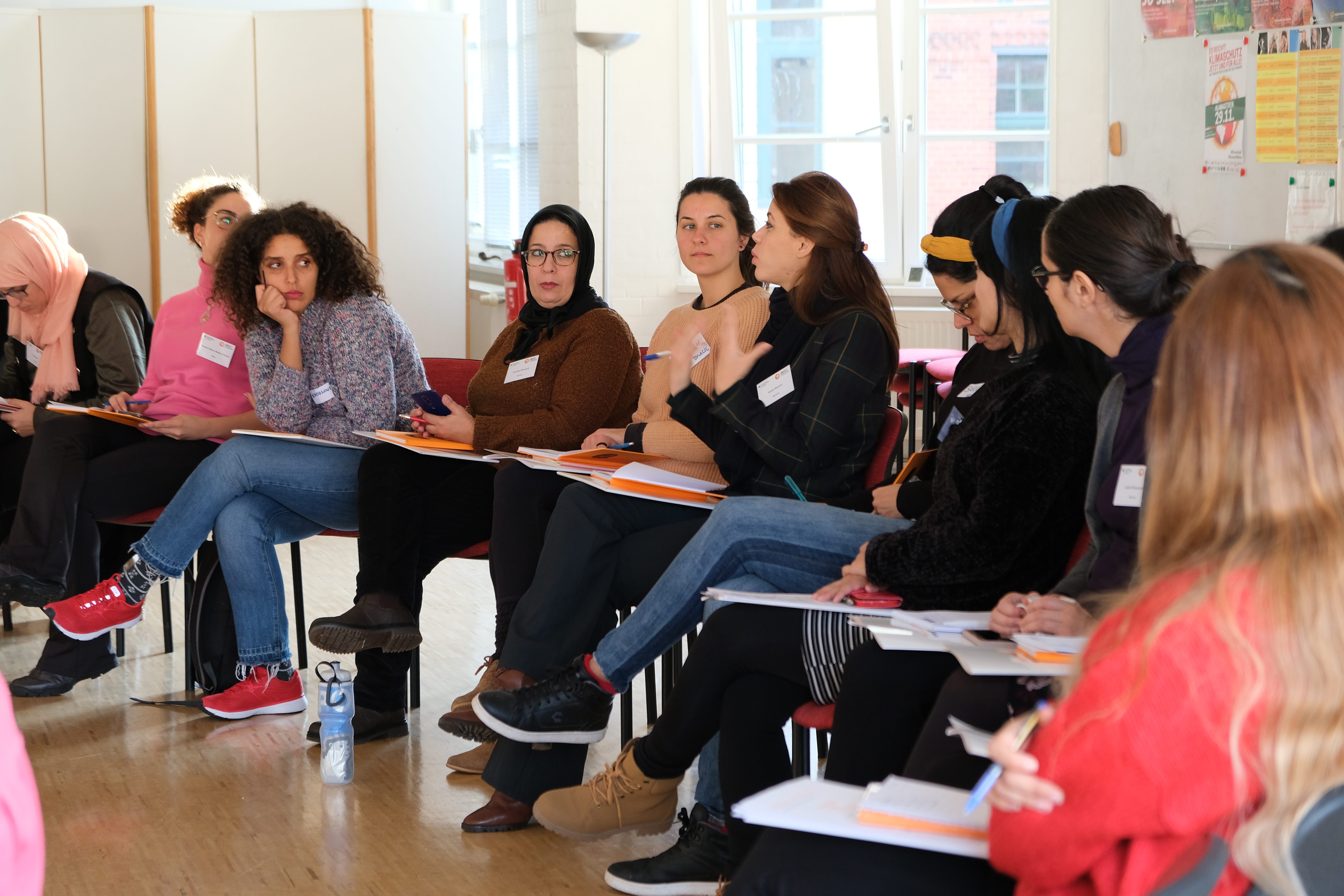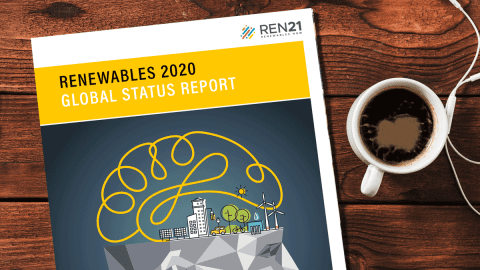The Women in Energy Storage Mentoring Programme sat down with Ann-Marie Daka, one of this year’s participants, to chat about her journey in renewable energy and the challenges and opportunities for women in the energy storage sector.
1) Tell us a little about yourself. What do you love most about what you do?
I enjoy engaging with my clients, interacting with stakeholders and meeting my organization’s expectations when delivering on my assigned tasks.
2) What were your goals when you started working in energy storage? Have these evolved?
Energy storage is a new technology within the utility and my goal is to understand where it is applicable within the system.
The project I am working on has improved my understanding of energy storage and helped me appreciate how this technology can improve power quality and stability within a hybrid system.
3) How has the COVID-19 pandemic impacted the professional goals you set out for the year?
Managing such a project during this pandemic has been quite challenging technically and contractually.
This year I was looking forward to commissioning the plant – integrating the Battery Energy Storage Systems (BESS) within the plant. However, due to the pandemic, this was not possible and had to be done remotely. I was also excited to work with the manufacturers and get first-hand information from the commissioning team, however, this is on hold.
4) What are the opportunities for energy storage growth in your country?
As a State-Owned Enterprise, we are the only electricity generator, distributor and supplier in the Solomon Islands. The organization has plans to install a grid-connected PV plant within the national grid, therefore the opportunity for energy storage is needed in order to provide a reliable and stable electricity supply to the nation.
5) What challenges have you faced in the sector? Can you tell us how you overcame (or are overcoming) this challenge(s)?
Culturally being recognized as a female in a male-dominated organization was a challenge especially when visiting rural areas. However, with support from my colleagues, I have managed to overcome this and I am now comfortable and happy with my job.
Technically, with new equipment being introduced such as the Tesla BESS, the lack of knowledge and understanding of the equipment is a major challenge as well. I am hoping a mentoring programme such as this alongside working on my project will fill in this gap which I think will really help.
6) Why did you join the Women in Energy Storage Mentorship Programme? What do you hope to achieve?
This programme is part of my capacity building and I look forward to interacting with experts in energy storage while also increasing my knowledge of this technology.
7) What advice would you give to women hoping to join the energy storage sector?
Energy storage is the future of renewable energy. With increasing RE penetration, energy storage will be required. Therefore, when such opportunities arise, go for them.
Read more about GWNET’s mentoring programmes here.











